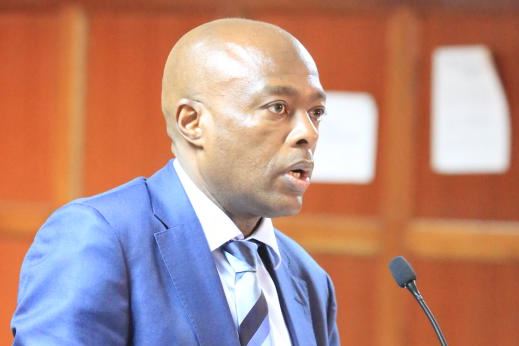×
The Standard e-Paper
Kenya’s Boldest Voice

Lawyer Kamau Karuri. [George Njunge, Standard]
High Court judges erred in their decision on collection of signatures during the Building Bridges Initiative (BBI) drive, Lawyer Kamau Karuri told Appellate Court.